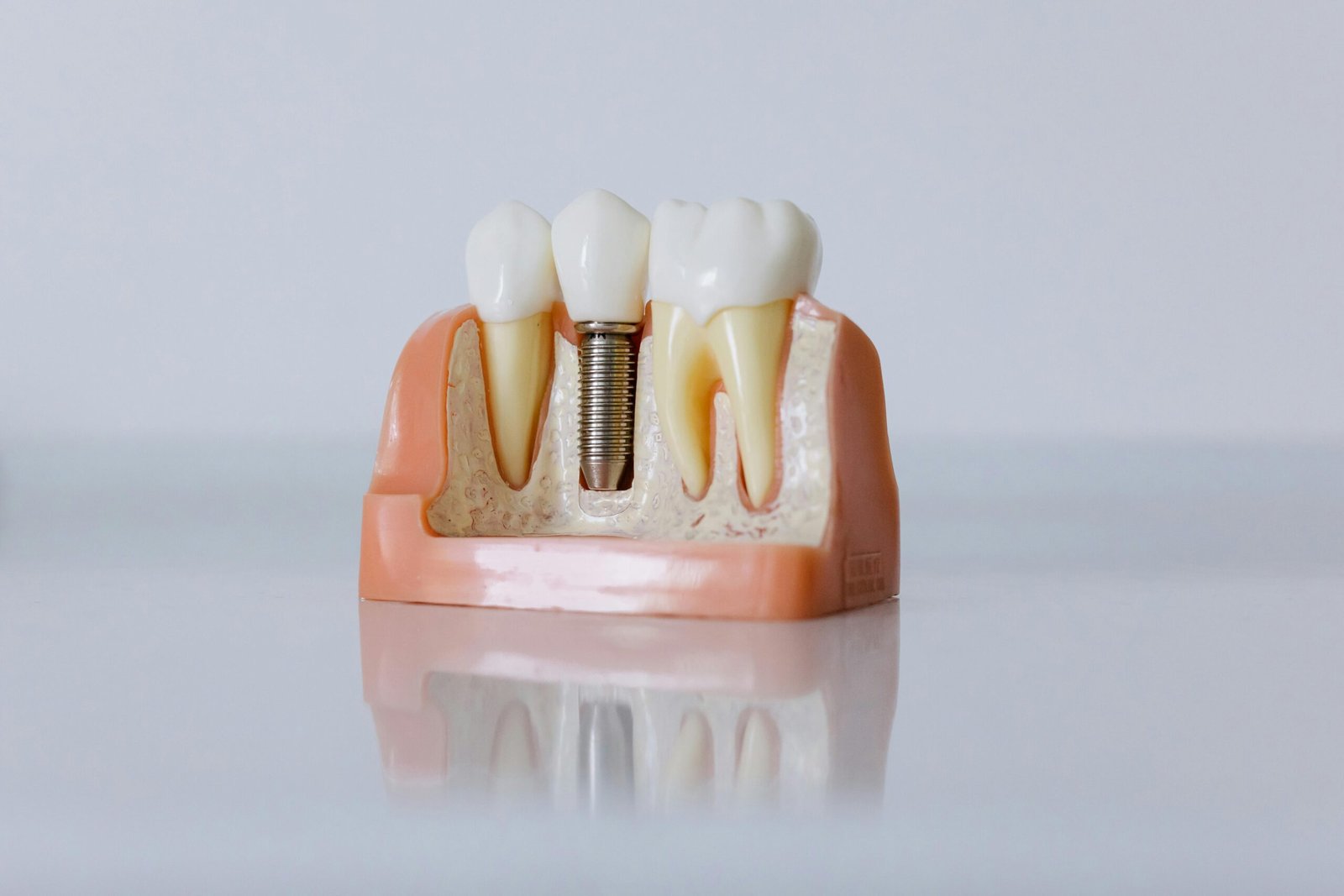Discover 5 Powerful Remedies for Sharp Pain in a Tooth to alleviate sharp pain in a tooth quickly and effectively, ensuring rapid relief and comfort.
Tooth pain can be incredibly disruptive, affecting your ability to eat, speak, and even concentrate. Whether it’s a sudden, sharp pain or a persistent ache, finding relief is a top priority. Here are five powerful remedies to help alleviate sharp tooth pain and get you back to feeling your best.
A toothache that is sudden and intense can be very upsetting. This kind of pain, whether it be a sharp jolt or a dull ache, can interfere with day-to-day activities and make it difficult to concentrate on anything else. Thankfully, there are a number of efficient at-home treatments you can attempt to reduce the discomfort before contacting a dentist.
Comprehending Dental Pain
A number of conditions, such as cavities, gum disease, infections, exposed tooth roots, and even sinus problems, can result in tooth discomfort. For a treatment to be effective, the underlying reason must be determined. But until you can visit a dentist, the treatments we go over here can help control the pain and offer some short-term respite.
Experiencing a sharp pain in a tooth can be alarming and uncomfortable. Here are some common causes and potential remedies:
Cavities: These are small holes in the teeth caused by decay. They can lead to sharp pain, especially when eating or drinking something sweet, hot, or cold.
Cracked Tooth: A crack in the tooth can cause sharp pain when chewing or when the tooth is exposed to temperature changes.
Gum Recession: When gums recede, they expose the sensitive roots of the teeth, leading to sharp pain.
Tooth Sensitivity: This can occur due to worn enamel or exposed dentin, causing pain when consuming hot, cold, or acidic foods and drinks.
Dental Abscess: An infection at the root of a tooth or between the gum and a tooth can cause severe, sharp pain.
How to avoid getting a toothache
Maintaining optimal oral and gum health is the best defense against toothaches and other dental issues. Performing this, you ought to:
Reduce the amount of sugary foods and beverages you consume; these should only be enjoyed occasionally as treats during meals; learn more about reducing your sugar intake.
Use fluoride-containing toothpaste to clean your teeth twice a day. Use dental floss to carefully clean in between your teeth, brush your gums and tongue, and use mouthwash if needed.
Give up smoking. Smoking might exacerbate certain oral issues.
Make sure you visit the dentist on a regular basis, if possible.
The interval between examinations can change based on the state of your gums and teeth as well as your chance of acquiring new issues. Depending on your general dental health, your dentist will recommend when you should get your next examination.
Every six months, children should get a dental examination so that tooth decay can be identified and treated early.
5 Powerful Remedies for Sharp Pain in a Tooth
1. Saltwater Rinse
A saltwater rinse is one of the simplest and most effective remedies for tooth pain. Saltwater acts as a natural disinfectant, helping to reduce inflammation and promote healing in the affected area.
How to use:
- Mix 1/2 teaspoon of salt in a glass of warm water.
- Swish the solution in your mouth for about 30 seconds, then spit it out.
- Repeat this process 2-3 times a day.
2. Cold Compress
A cold compress can help numb the pain and reduce swelling, making it a quick and easy remedy for tooth pain. This method is particularly effective if the pain is due to an injury or swollen gums.
How to use:
- Wrap a few ice cubes in a towel or use a cold pack.
- Apply the compress to the outside of your cheek over the painful area for 15-20 minutes.
- Repeat every few hours as needed.

3. Clove Oil
Clove oil has been used for centuries as a natural remedy for tooth pain. It contains eugenol, a compound with anti-inflammatory and analgesic properties that can help numb the affected area and reduce pain.
How to use:
- Dip a cotton ball in clove oil and apply it directly to the painful tooth and surrounding gums.
- Alternatively, you can dilute a few drops of clove oil in a teaspoon of carrier oil (like olive oil) and apply it with a cotton swab.
- Use this remedy 1-2 times a day until the pain subsides.
4. Over-the-Counter Pain Relievers
Over-the-counter pain relievers such as ibuprofen or acetaminophen can be very effective in managing tooth pain. These medications help reduce inflammation and alleviate pain, providing quick relief.
How to use:
- Follow the dosage instructions on the packaging.
- Do not exceed the recommended dose, and avoid using these medications for an extended period without consulting a healthcare professional.
5. Garlic
Garlic has natural antibacterial properties that can help fight infections and reduce tooth pain. It also has pain-relieving properties that can provide temporary relief.
How to use:
- Crush a garlic clove to make a paste.
- Apply the paste directly to the affected tooth.
- Alternatively, you can chew a garlic clove slowly to release its juices.
- Use this remedy once or twice a day until the pain improves.
6 Peppermint Tea Bags
Peppermint tea bags can help soothe tooth pain and reduce inflammation. After brewing a cup of peppermint tea, allow the used tea bag to cool slightly. Apply the warm tea bag to the affected area for a few minutes.
You can also chill the tea bag in the freezer for a couple of minutes before applying it for a cooling effect
The Bootem Line
Sharp tooth pain can be quite disturbing, but there are five excellent therapies that can provide relief quickly. Although these over-the-counter remedies may provide short-term pain relief, a dentist visit is necessary to address the underlying issue and stop subsequent issues.
Remember that the best defense against tooth discomfort is consistent dental checkups and good oral hygiene.
FAQs
Q: How long should I wait to see a dentist if I have sharp tooth pain?
A: If you experience sharp tooth pain, it’s best to see a dentist as soon as possible. Home remedies can provide temporary relief, but professional evaluation is necessary to determine the cause and appropriate treatment.
Q: Can sharp tooth pain go away on its own?
A: Sharp tooth pain may temporarily subside, but it’s often a sign of an underlying issue that requires professional treatment. Ignoring the pain can lead to more severe problems.
Q: Are there any foods or drinks I should avoid if I have tooth pain?
A: Yes, avoid very hot, cold, or sugary foods and drinks, as they can exacerbate tooth pain. Stick to soft foods and drink lukewarm water to minimize discomfort.
Q: Can stress cause tooth pain?
A: Stress can lead to behaviors like teeth grinding or jaw clenching, which can cause or worsen tooth pain. Managing stress through relaxation techniques can help alleviate this type of pain.
Q: Is it safe to use essential oils for tooth pain?
A: Some essential oils, like clove oil, are safe and effective for tooth pain relief when used correctly. However, it’s essential to dilute them properly and avoid swallowing.
Final Thoughts
While you wait to see your dentist, you can discover much-needed relief from tooth discomfort with these effective solutions.
Recall that expert dental care is essential for maintaining long-term oral health and that these treatments are only short-term fixes. Taking good care of your teeth will benefit you in return!










